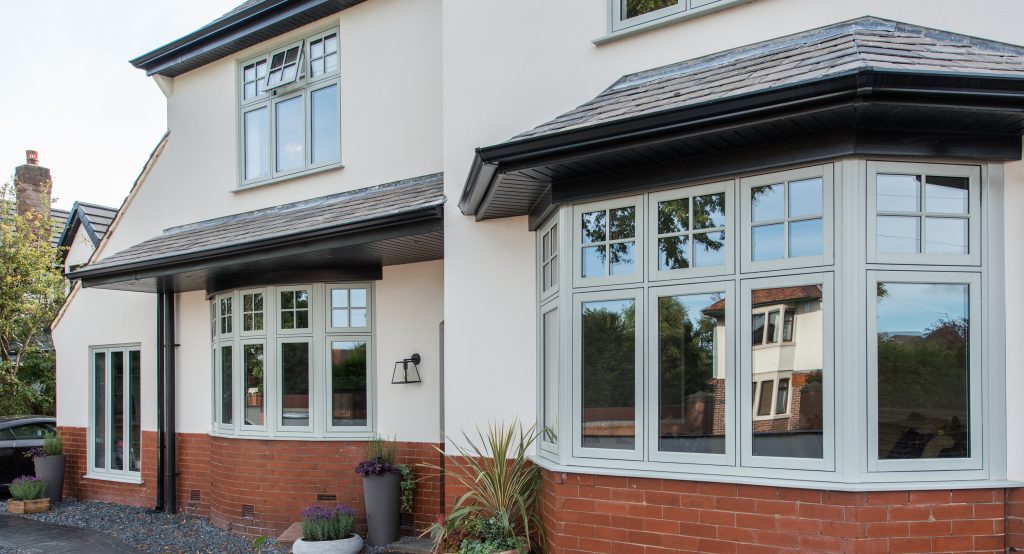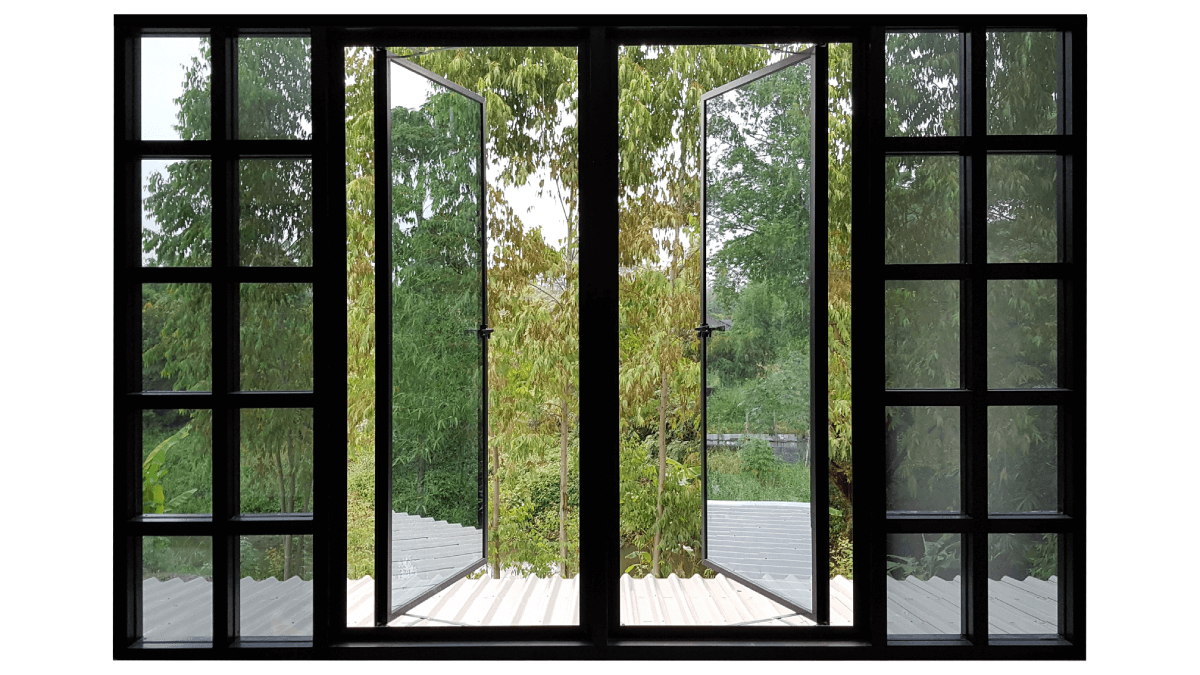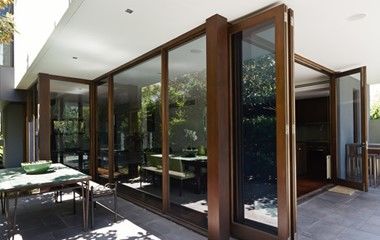All Categories
Featured
Table of Contents
Double Glazed Windows Sydney & Replacement Windows in Midvale Perth
Glazing just means the windows in your home, consisting of both openable and set windows, along with doors with glass and skylights. Glazing in fact simply means the glass part, but it is generally used to describe all aspects of an assembly consisting of glass, movies, frames and furnishings. Paying attention to all of these aspects will assist you to attain effective passive design.

Energy-efficient glazing makes your house more comfy and considerably lowers your energy costs. Nevertheless, improper or inadequately designed glazing can be a significant source of unwanted heat gain in summertime and substantial heat loss and condensation in winter season. As much as 87% of a house's heating energy can be gotten and up to 40% lost through windows.
Twinglaze® Double Glaze Specification Act - Vic in Tuart Hill Western Australia
Glazing is a substantial financial investment in the quality of your home. The cost of glazing and the expense of heating and cooling your house are carefully associated. A preliminary investment in energy-efficient windows, skylights and doors can greatly lower your annual cooling and heating costs. Energy-efficient glazing likewise minimizes the peak heating and cooling load, which can minimize the needed size of an air-conditioning system by 30%, causing more expense savings.

This tool compares window selections to a base level aluminium window with 3mm clear glass. Understanding a few of the essential homes of glass will help you to select the best glazing for your house. Secret residential or commercial properties of glass Source: Adapted from the Australian Window Association The amount of light that passes through the glazing is known as noticeable light transmittance (VLT) or visible transmittance (VT).
How Does Double Glazing Keep Heat Out? in Willetton Western Australia
This may lead you to turn on lights, which will result in higher energy costs. Conduction is how easily a product carries out heat. This is called the U worth. The U worth for windows (revealed as Uw), explains the conduction of the whole window (glass and frame together). The lower the U worth, the higher a window's resistance to heat circulation and the better its insulating value.
For example, if your house has 70m2 of glazing with aluminium frames and clear glass with a U value of 6. 2W/m2 C, on a winter season's night when it is 15C cooler outside compared to inside, the heat loss through the windows would be: 6. 2 15 70 = 6510W That is comparable to the total heat output of a large room gas heating system or a 6.
Insulated Glass Unit – Igu in Coolbellup WA

If you choose a window with half the U value (3. 1W/m2 C) (for example, double glazing with an argon-filled gap and less-conductive frames), you can cut in half the heat loss: 3. 1 15 70 = 3255W The solar heat gain coefficient (SHGC) for windows (revealed as SHGCw) determines how easily heat from direct sunshine streams through an entire window (glass and frame together).
The lower a window's SHGC, the less solar heat it sends to your house interior. Glazing producers declare an SHGC for each window type and design. The actual SHGC for windows is affected by the angle that solar radiation strikes the glass. This is known as the angle of incidence.
Double Glazing - Albury - Twin Cities Glass in Daglish WA
When the sun is perpendicular (at 90) to the glass, it has an angle of incidence of 0 and the window will experience the maximum possible solar heat gain. The SHGC stated by glazing producers is constantly determined as having a 0 angle of occurrence. As the angle increases, more solar radiation is shown, and less is transferred.
Table of Contents
Latest Posts
8 Benefits Of Double Glazing To Take Advantage Of in Greenmount WA
Single Vs Double Vs Triple - Which Window Is Right For Your ... in Hazelmere Western Australia
Twinglaze® Double Glaze Specification Act - Vic in Coogee Perth
More
Latest Posts
8 Benefits Of Double Glazing To Take Advantage Of in Greenmount WA
Single Vs Double Vs Triple - Which Window Is Right For Your ... in Hazelmere Western Australia
Twinglaze® Double Glaze Specification Act - Vic in Coogee Perth